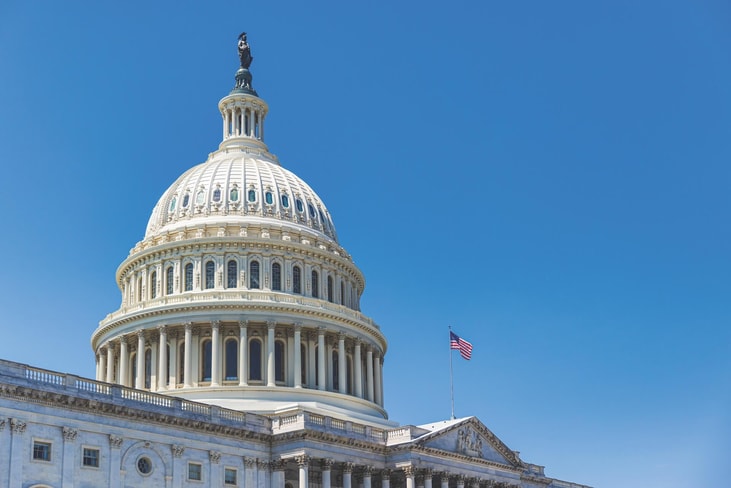US pulls $3bn in funding from 24 clean energy projects
Over $3bn of funding for 24 clean energy projects, mostly related to carbon capture efforts, has been axed by the US government.
According to Reuters and Bloomberg, ExxonMobil’s Baytown project in Texas, Heidelberg Materials US’s carbon capture project in Louisiana, and the Sutter CCUS project in California are among the projects impacted by the cut.
Jessie Stolark, Executive Director of the Carbon Capture Coalition, a nonpartisan collaboration of more than 100 companies, described the news as a “major step backward” in the national deployment of carbon management technologies.
“It is hugely disappointing to see these projects cancelled – projects that had already progressed through a rigorous, months-long review process by technical experts at [the Department of Energy],” she said.
... to continue reading you must be subscribed




























